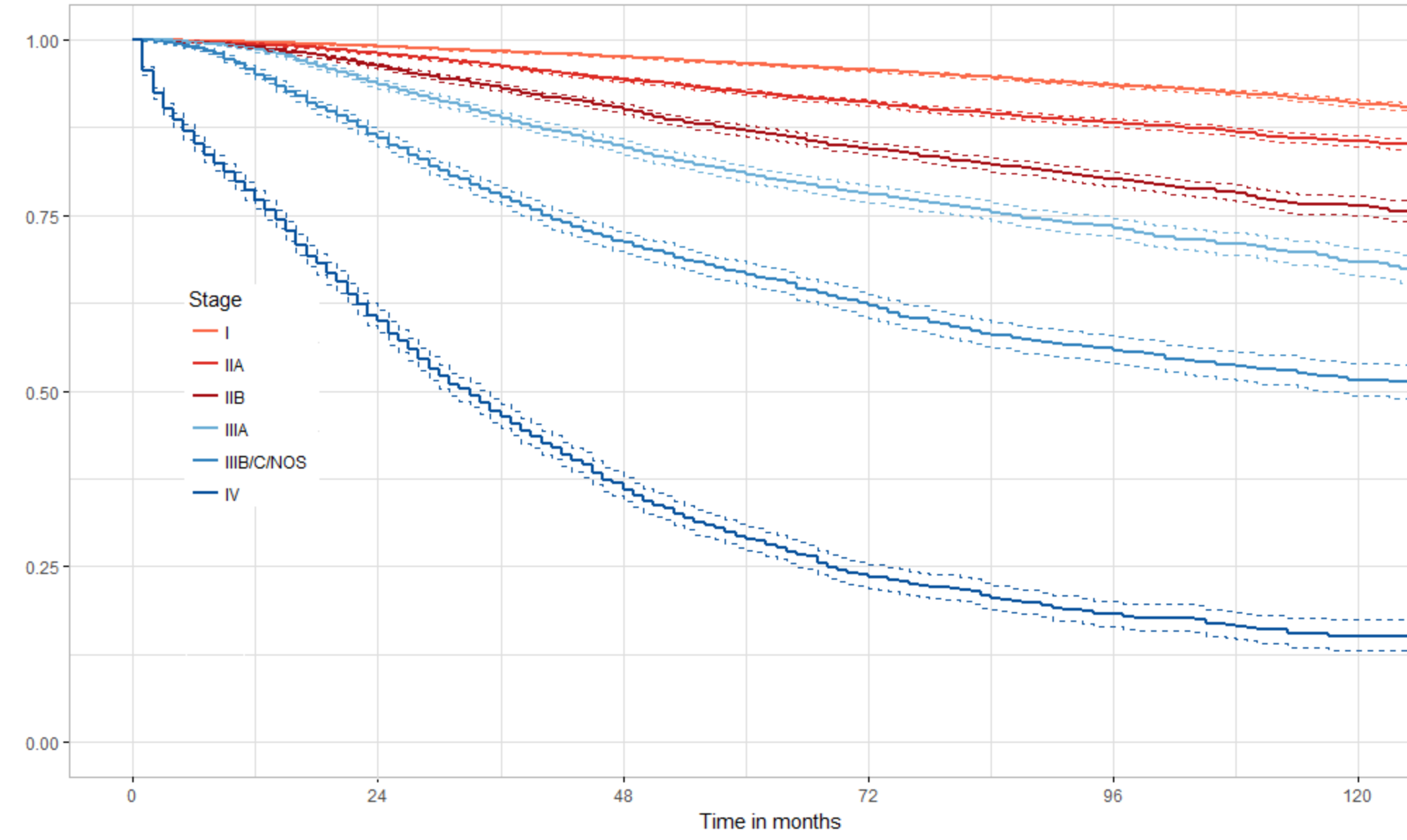Another book review. Well, I had to give some talks recently – one on predictive analytics and another on genetics – and so I read The Gene by Dr. Siddhartha Mukherjee which I reivew here, and Predictive Analytics by Eric Siegel.
I really admire how both of these authors can cover what are really very technical topics in plain language. Where Dr. Mukherjee’s style emphasizes scientific rigor, inspiration and wonder, Mr. Seigel tends more toward the astounding or the entertaining. He covers multiple relevant topics and uses copious examples to illustrate predictive analtyics an the insights it can provide. He goes into especially great detail with IBM Watson’s performance on the game show Jeopardy!. There is quite a lot to unpack in that example from language processing to appropriate seleciton of candidate answer to the arrival at a final probabity of being correct.
Additional technical topics included linear and logistic regression, decision trees and ensembles.
Overall this is an excellent book and would be very valuable for those who need to use the results of predictive analyses in their business. It will not, however, enable you to perform these analyses yourself – it is just not that kind of text.

